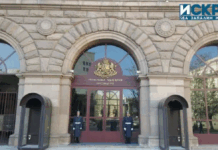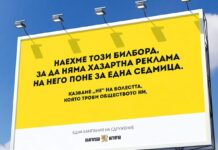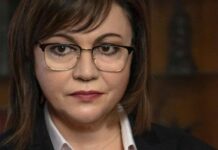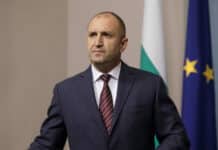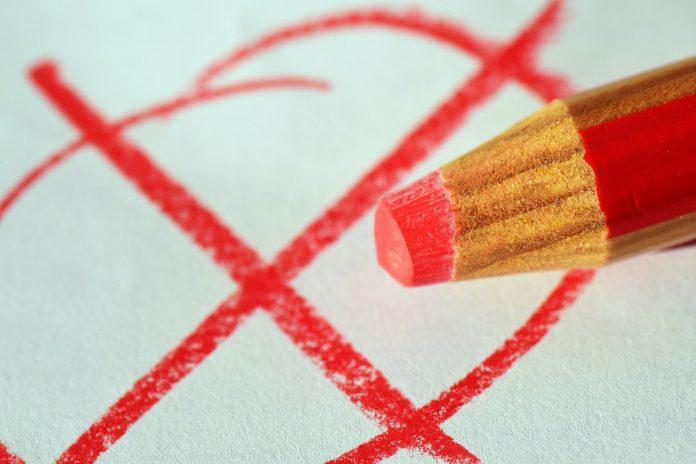
The current caretaker government, whose main responsibilities are to organize the next parliamentary elections, is focusing on this obligation and has begun discussing the idea of restricting the right to vote of Bulgarian citizens who do not pay their taxes in Bulgaria. Probably this proposal will not be in one, because in Art. 42. (1) the Constitution of the Republic of Bulgaria states that:
„Citizens who have reached the age of 18, with the exception of those placed under guardianship and serving a sentence of imprisonment, have the right to elect state and local authorities and to participate in consultations with the people.“
With the constitutional compatibility of the proposals made, I will stop here. The caretaker government is debating the introduction of a decision that runs counter to the recent actions of the 44th National Assembly, which also adopted amendments to the Electoral Code aimed at stimulating the turnout of Bulgarian citizens abroad (increasing polling stations in abroad).
The general idea of eliminating the GERB political party from the parties of change in the 44th National Assembly and the caretaker government is beginning to desynchronize – the consensus built on an anti-establishment is short-lived, because each of its participants has its own different plan for the foreseeable political future, which does not coincide with the plan of the other participants in the anti-union.
After the parliamentary elections come the presidential ones. President Rumen Radev has officially announced that he will run in the race and that he will try to run for a second term. The majority of the votes of Bulgarian citizens abroad in the previous parliamentary elections were divided between political parties: „There is such a people“, the MRF and „Democratic Bulgaria“.
In general, the BSP relies on the electoral support of the older population, which is not in working age and does not reside abroad. Relying mainly on the support of the BSP political party, no other political party has officially announced its support for the current President for the next presidential election.
It is unclear where the votes from the electoral wave from abroad will go, if any, in view of the increased opportunities for voting with the increase of the polling stations. That is why the caretaker government has taken on the task of mitigating it, starting a debate on whether Bulgarian citizens who do not pay taxes in Bulgaria should not have the right to vote on July 11.
The parties of „change“ („There is such a people“, „Democratic Bulgaria“, „Stand up! Mafia out“) in the short-term work of the 44th National Assembly set out to change the Electoral Code for the next elections, and the caretaker government not with the next parliamentary elections, but with the next presidential elections. This is an example of the desynchronization of actions in the „anti“ political camp – the goal of the „change“ parties are the next parliamentary elections, and the caretaker government or the President are the ones after them.
What follows and what will be the consequences?
As I have already noted, I doubt that such a change will become a fact not only because of our constitutional framework, but also because such a drastic move will require a broader consensus, and it will not be possible. The political entities that will be affected by the introduction of this measure will be too affected (people who do not pay taxes in Bulgaria will not be able to vote on July 11 in the parliamentary elections). Among those affected will be the MRF. The party relies on Bulgarian citizens of Turkish ethnic origin residing in Turkey. „Democratic Bulgaria“ and „There is such a people“ also rely on the vote abroad – this is shown by the data from the last parliamentary elections.
Political actors who claim to be the bearers of change attach too much importance to democracy in understanding that it is only a kind of procedure and rely on the introduction of rules in the procedure that will have a positive impact on the election results. In this context, it is appropriate to turn to Ralf Dahrendorf, who in a brilliant study proves that it takes weeks to build projects for a market economy and a democratic constitution, i.e. democracy at the level of procedure, but to build a working one. a democracy in which the various social interests are institutionalized requires at least decades of democratic experience. Or to put it in one sentence:
„Democracy is the product of human actions, not the automatic introduction of one procedure or another or changes in existing procedures.„
It is unfortunate that the political picture on the domestic political scene shows us the opposite:
„Long live the changes in the procedure that will be most favorable for my election result.„
This is how politics is born, which is not people-oriented, but looks short-term to the next or not so short-term to the next elections.

